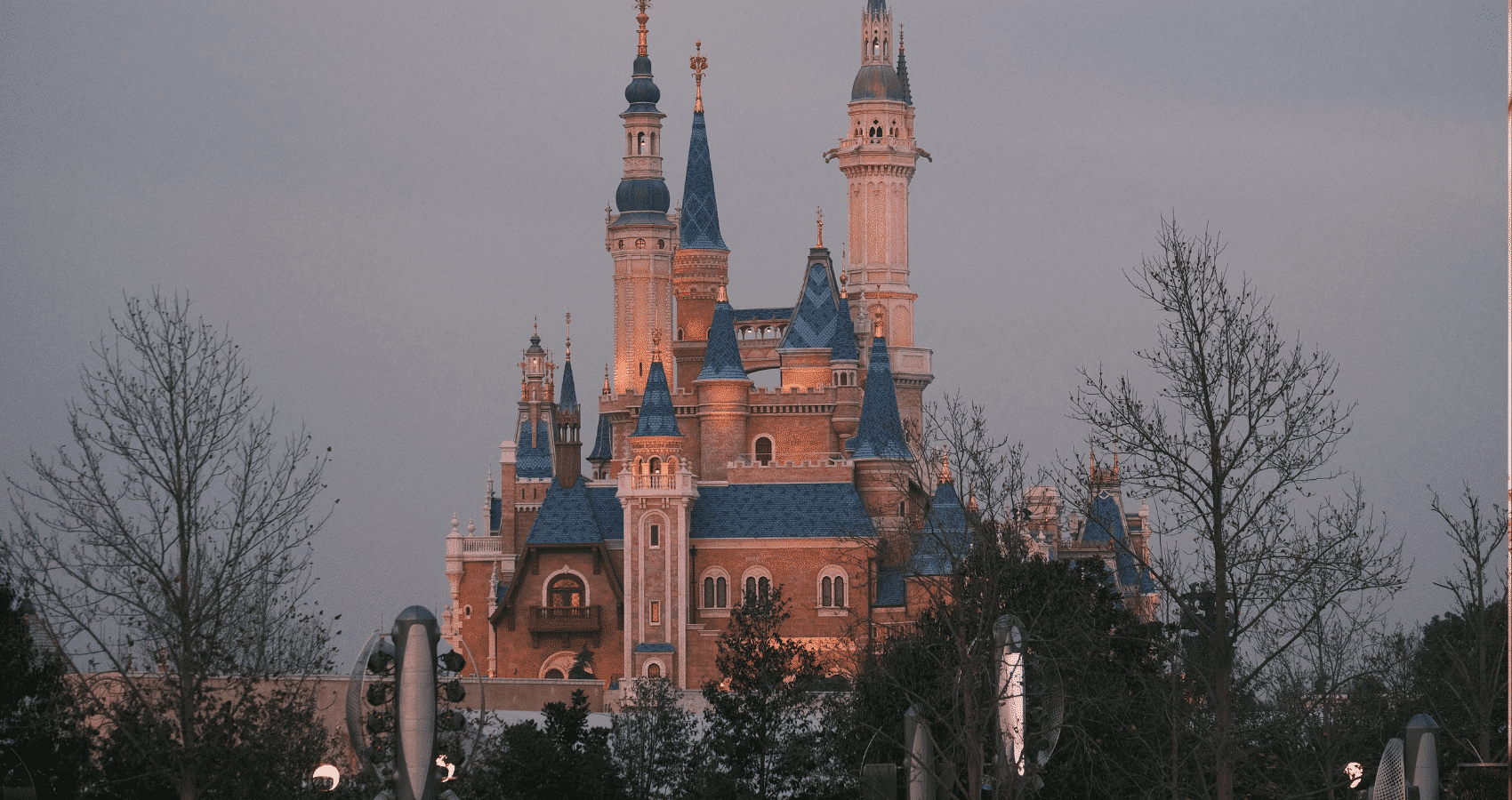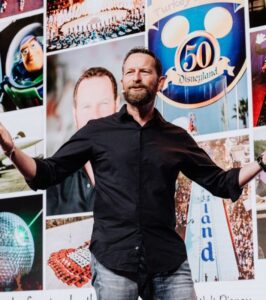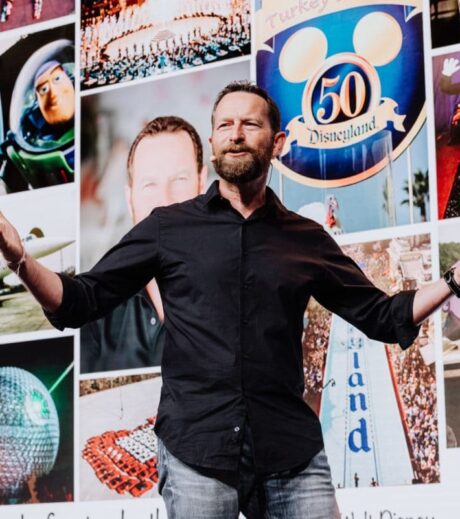

Don’t fear AI
Well before ChatGPT gained widespread recognition and became a well-known entity, I shared the stage with Nicholas Thompson, then editor-in-chief of Wired. During his presentation, Thompson stated that he believes AI will replace 20% of all occupations by 2030. At the time, this declaration seemed outlandish. How could a robot replace 1 in 5 workers? But today, this outcome is far from fiction. Just look at IBM, which recently announced that it expects 30% of its non-customer-facing workforce to be displaced by AI over the next five years.

Duncan Wardle
Innovation & Creativity | The Walt Disney CompanyThe future is here, and for the first time in history, it’s highly skilled labour at risk of losing jobs to robots. But even with the uncertainty it brings, I do not believe AI should be treated as our enemy. In fact, just the opposite.
Workers should embrace AI because it’ll take over the tedious, repetitive parts of our jobs, freeing us up to leverage the skills that make us uniquely human: creativity, intuition, empathy and imagination.
Here’s why capitalising on these human traits is essential to work in harmony with AI:
Creativity
Thanks to Amazon Prime, a constant stream of cardboard boxes clogs up my recycling bin. But what is a nuisance today once was an outlet for endless creativity. To a 6-year-old, a box can be anything: a castle, a rocket ship, a fort, a kitchen. At this age, our creativity knows no bounds. But then we go to school and work, and most of us are told, ‘You’re not creative,’ or ‘Leave those ideas to the creative team.’ And over time, we end up believing we’re not creative.
But creativity is more than the ability to paint or play music. It’s the ability to solve problems in unique ways.

Intuition
Have you ever experienced the sensation of someone’s eyes fixed on you from across a coffee shop, only to look up and meet their gaze? How did you know they were looking? Intuition: a survival engine hardwired into our inner ‘reptilian’ brain that drives our subconscious. Think about the decisions you make every day—the dress you wear, the restaurant you visit, the music you listen to. These are not rational decisions made by your outer, conscious brain but by your inner, subconscious brain.
While our outer brain allows us to synthesise all the big quantitative data in front of us to find core insights, our inner, intuitive brain enables us to take all that data, match it up with our qualitative findings, and take the leap toward action. And it’s this symbiotic relationship between our inner and outer brains that makes humans uniquely capable of uncovering massive innovation. Though AI will undoubtedly be able to help us parse through data, it will struggle to have those ‘gut feelings’ that connect data and insights in unique ways that unlock hidden potential.

Imagination
When President John F. Kennedy said, ‘We choose to go to the moon in this decade,’ he didn’t have any idea about how it would be achieved. Had he possessed a robust knowledge of space travel, he might not have given this iconic speech, choosing instead to believe that a moon landing was impossible. But he led with his imagination and believed the U.S. had the people, resources, and willpower to achieve this audacious goal. And he was right. His declaration was so profound that it gave birth to the phrase ‘moonshot thinking.’ Humans are engineered to dream. AI, on the other hand, educates itself on reality—things that have already happened in the past. It lacks the human imagination, which is precisely what’s needed to push humanity forward.
Working Harmoniously With AI
As AI becomes more intelligent, we must become more creative, intuitive, empathetic and imaginative.
Instead of taking your entire job, proactively find ways to let AI take over the mundane, repetitive and time-consuming tasks, so you can redirect your energy towards delivering a human touch to your role.
While AI might one day replicate these core human traits, I don’t believe that day is coming anytime soon. The coming decade belongs to those of us who can leverage these uniquely human skills to disrupt and innovate the next wave of incredible discoveries. The good news is that you don’t have to learn anything new. These traits have been with you all along. You just need to find them.

Duncan Wardle
Innovation & Creativity | The Walt Disney CompanyFormer Head of Innovation & Creativity at The Walt Disney Company, Duncan Wardle spent his 25-year...
Request quote View profile